How to get through Special Forces selection? Don’t be the ‘Grey Man’
- By Steve Balestrieri
Share This Article
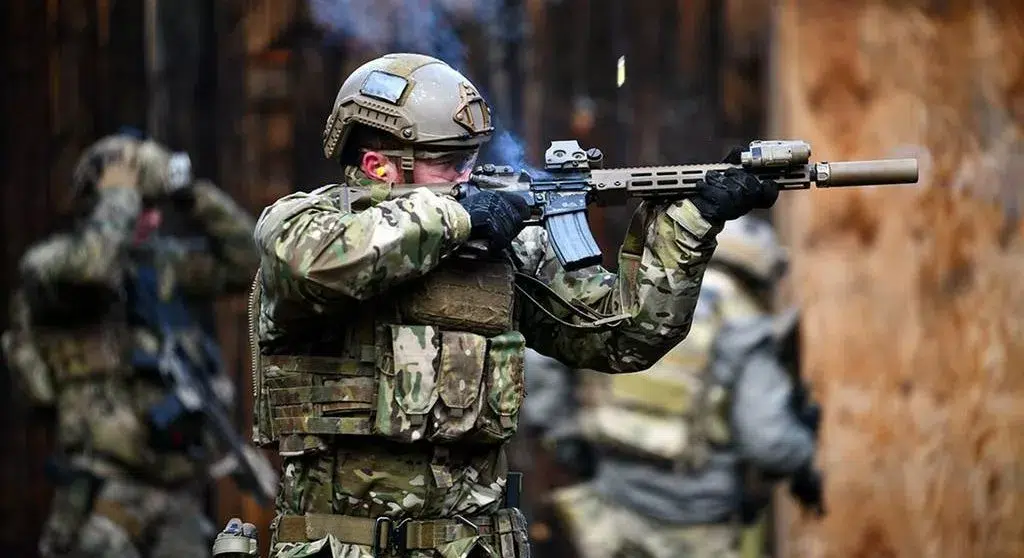
When talking about the dos and don’ts of taking on the Special Operations Assessment and Selection courses that the military has to offer, there are a ton of opinions out there, and I feel, a lot of misconceptions as well. This is particularly true when it comes to being the “Grey Man,’ which is a common name people use to describe an operator who can blend seamlessly into their environment.
I’ve been asked about this countless times in emails. One of the more common questions I receive from prospective candidates is always about trying to blend in at Assessment and Selection – being the Grey Man. I spoke with someone just in the past few weeks about this very subject.
There is no shortage of people who will tell you being the Grey Man is important, some of them will be Special Operations Selection cadre members. So, respectively, I’ll disagree. Overall, unless you’re an intelligence professional trained at blending in and being invisible, I will stick with my original advice and say in the majority of instances, it isn’t a smart thing to do. I will explain why below, but first, my caveat:
Yes, there are times when you absolutely, positively need to be the guy people standing in front of you are going to look right past while giving their attention to someone else.
The first one is if you are in SERE School (Survival, Evasion, Resistance, and Escape). The last thing you want at SERE is to stand out in any way. Standing out to the guard force in the POW camp usually means you’re going to withstand some “corrective measures.”
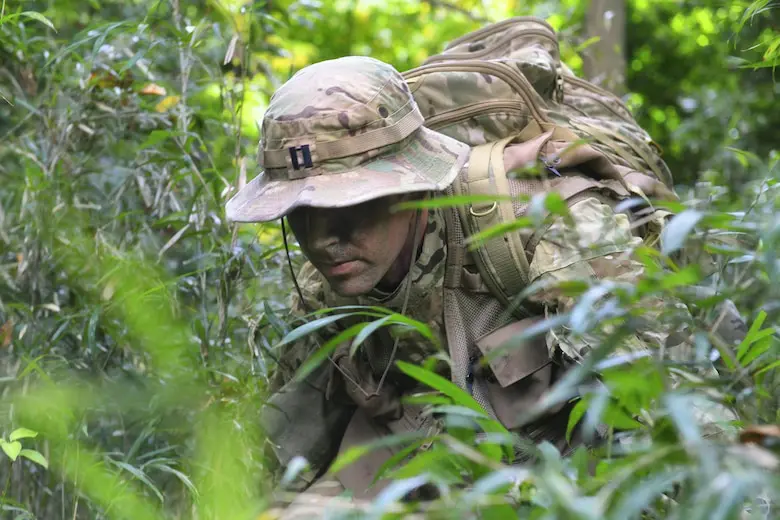
Being the biggest member of the prisoners or the most senior guy in the SERE Class is not a good way to be the grey man. The SRO (Senior Ranking Officer) is always singled out for real or perceived rules infractions –you get the idea. Once you get through the Selection process and into the training pipeline, you’ll get to experience SERE up close and personal and all of your questions will be answered.
The second example of when it’s a good time to be a “grey man” is when you are doing some kind of undercover intelligence work. Then you want to blend into your surroundings. If someone saw you walking down a busy street in an urban environment, you don’t want to raise an alarm among surveillance operatives watching for that type of operation.
This has a lot to do with demeanor, dress, mannerisms, and movement. Special Forces have a training program that teaches all of this and much more. But the course and the acronym associated with it will come after your training is complete and you move on to the operational units and get some experience under your belt.
Related: SDV: The secret weapon of the Navy SEAL Teams
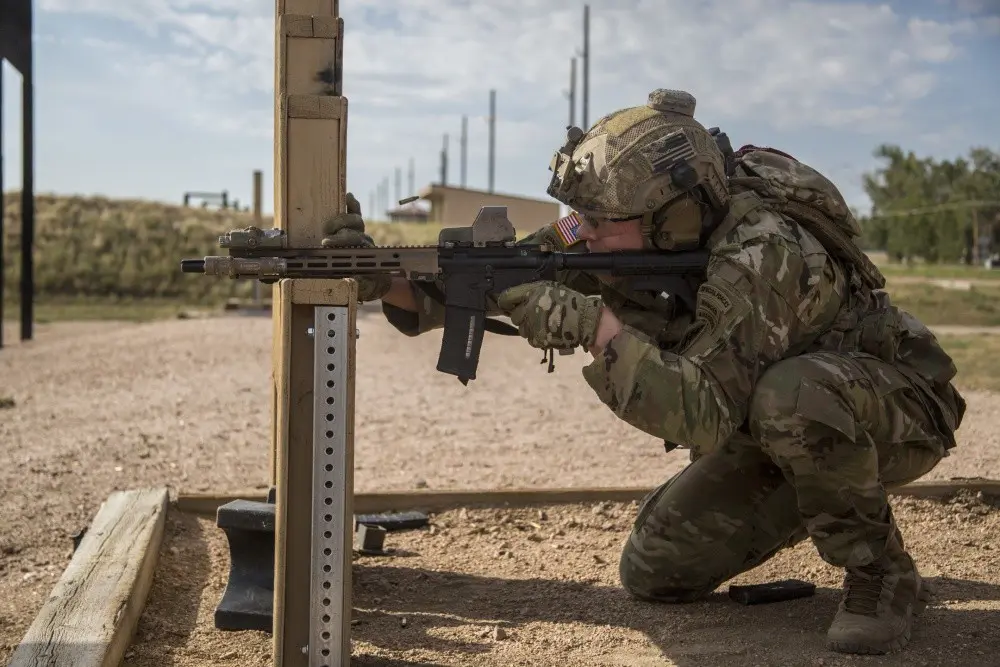
So, we’re back to the 800-lb gorilla in the room, and the question is why not be the grey man during Selection? You will see blog posts from people, message boards, and social media posts all telling candidates to the grey man or something remotely similar. I see it all the time. So why is it actually a bad idea?
As a former Selection cadre member, I’ll let you in on my perceptions: Trying to be the Grey Man just may put a huge bulls-eye on your forehead.
As I mentioned above, most people aren’t trained properly to be a grey man. And if it appears to the Selection cadre that you are trying to blend into the background, that isn’t a good thing. To the cadre members, it appears like you are trying to “ghost” through events (as we called it during my time there). And if a guy is going to ghost during Selection, then he certainly will on a team.
Related: How US Special Forces took on Wagner Group mercenaries in an intense 4-hour battle
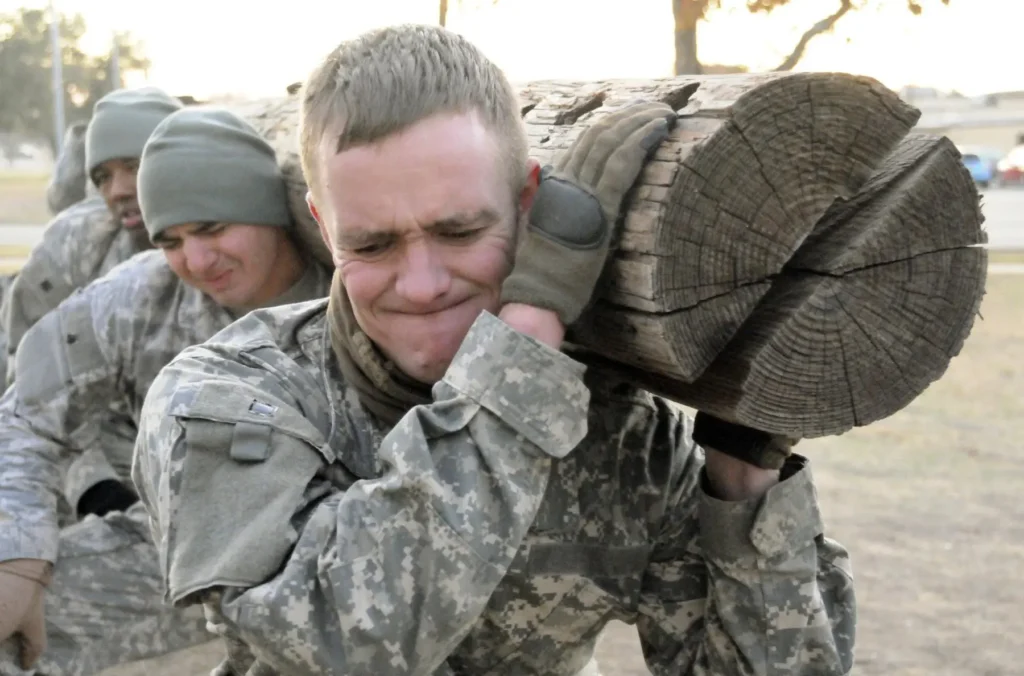
Back in the day, when I had the night duty during a course, one of the other cadre members and I would wander around the candidates’ barracks at night with no berets, just being the grey men of the cadre. We wanted to hear the chatter of the class and see how well or not so well they were holding up.
These conversations would sometimes be quite telling, especially during team week. More than once, we heard candidates who passed their patrol (the criteria have since changed, thank you LTC Brian Decker) talk about coasting through the last few events to make it through the long-range movement. Bad idea.
Then there were the others, guys who passed their patrol and were volunteering to help out the next day’s guys who would be in the barrel and under the microscope. More than once we heard conversations similar to this:
“Hey bud, whatever happens, tomorrow, put me on lashings, I’m really good at that, and that’s one thing you won’t have to worry about.”
That’s the guy I want on my team. He is not done yet, he is looking out for his teammates. He is going to get high marks on his peer reports.
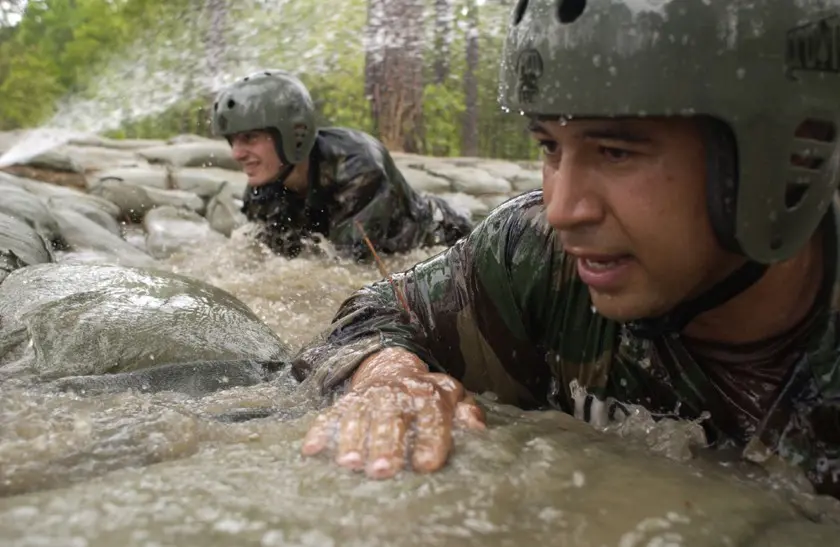
Special Operations isn’t looking for cookie-cutter robots. We understand that everyone is different and there are certainly guys who are characters. You’ll undoubtedly have some in your class.
That is why my advice is always to be yourself. When I was there, our cadre was made up of the most eclectic group of people that I’ve ever worked with. There was never a dull moment and every NCO, although vastly different, respected who each one of us was. And we all got along because we had the humility to understand that every person brings some unique element to the table.
If you are a rah-rah type of guy, then be that guy. If you are a quiet, lead-by-example type of guy, that’s fine…be him. Don’t try to be something you are not. Sometimes the characters of the class would lift everyone around him. All of the cadre members had those types of guys in their own classes, and they know how valuable they are to keeping up class morale, and for team-building.
Related: Delta Force Jump Haters Club: Not all operators like skydiving
My own class in the SFQC (Special Forces Qualification Course) had a tremendous NCO who we called CPT Camouflage during Land Navigation. He would wear some outlandish get-up: PT Shorts hiked way too high, jungle boots, with a poncho pulled over his head like a cape with eye holes cut out. He’d run through the woodline offering the craziest encouragement to “lost Land Nav students everywhere.” As dumb as it sounds, our class loved it. And after a day or so, the cadre would ask if Captain Camouflage had any words for the class after we’d return from the day’s or night’s navigation practice.
A couple of years ago, I had a podcast interview with Mike Sarraille, a Navy SEAL officer who has written a book on Special Operations leadership and how civilian companies should incorporate the lessons of Selection and Assessment into their hiring process.
Mike was a successful Marine NCO with Recon before becoming an officer. During BUDs, the other members of his class naturally gravitated toward Mike because of his experience, military bearing, and demeanor. That is who he is. If he tried to blend into the background, the SEAL instructors would have seen right through that and he would have never passed or gone on to become the officer he was.
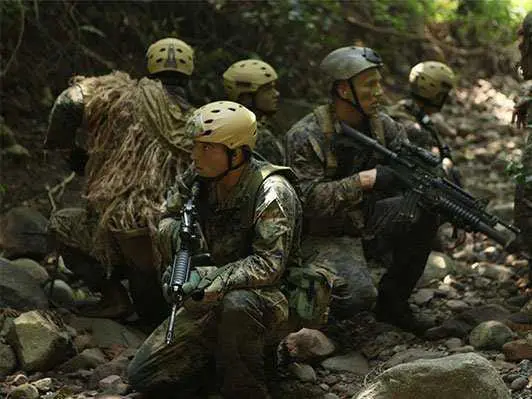
Of course, “be yourself” has to be tempered with a bit of common sense. Don’t be overly argumentative with the cadre, even if you know that you may be right when receiving a critique. That will have the exact opposite effect. Don’t be a “Spotlight Ranger” either – those types never last long as they’ll get peered out quickly (failed by peer reviews). And please spare your war stories about leading an attack with the 18th Mess Kit Repair Unit in Iraq or someplace else. Nobody cares about that or is interested.
Remember you are always being evaluated and assessed. This is a time for the cadre to see if you have the core attributes that make Special Operations troops the best in the world. Selection is the time when you begin building the reputation that will follow throughout your Special Operations career. And as big as it has grown, it is still a small community. Selection is the first step in the process of showing you belong in the Regiment.
Trying to do so by blending in the background isn’t the way to do it. Be yourself, try to excel at everything, and remember, some of your fellow candidates may be better at some things than you are. That won’t change once you get to an operational unit.
Do the best you can. (Yes you’ll hear that again.)
Editor’s Note: This article was originally published in March 2022. It has been edited for republication.
Read more from Sandboxx News
- Iran claims to detect F-35s over the Persian Gulf. Here’s why it could be true
- Ukraine’s counteroffensive is picking up steam
- The Army’s IVAS super-goggle prototypes have arrived but can they live up to the hype?
- 7 weird and rare military jobs that you won’t believe exist
- We asked AI to show us the secret aircraft hidden in Area 51
Related Posts
Sandboxx News Merch
-

‘Kinetic Diplomacy’ Coaster (1)
$7.00 Add to cart -

‘Sandboxx News’ Camo Trucker Hat
$29.00 Select options This product has multiple variants. The options may be chosen on the product page -

‘AirPower’ Golf Rope Hat
$31.00 Select options This product has multiple variants. The options may be chosen on the product page
Steve Balestrieri
Related to: Special Operations
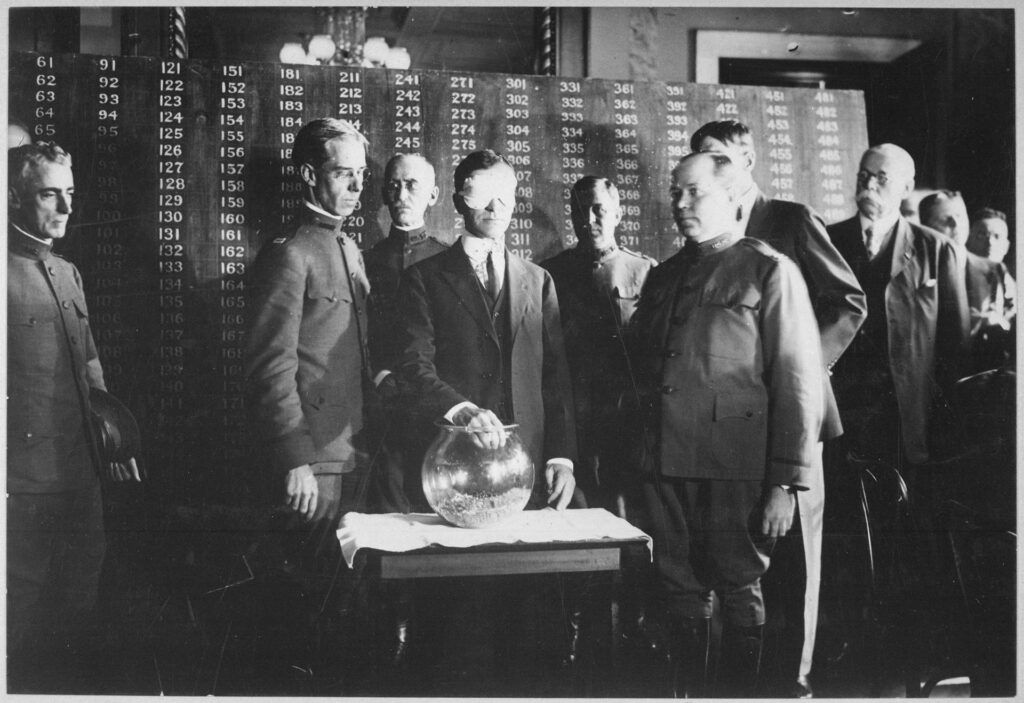
Military draft registration is going down, so Congress wants to take action
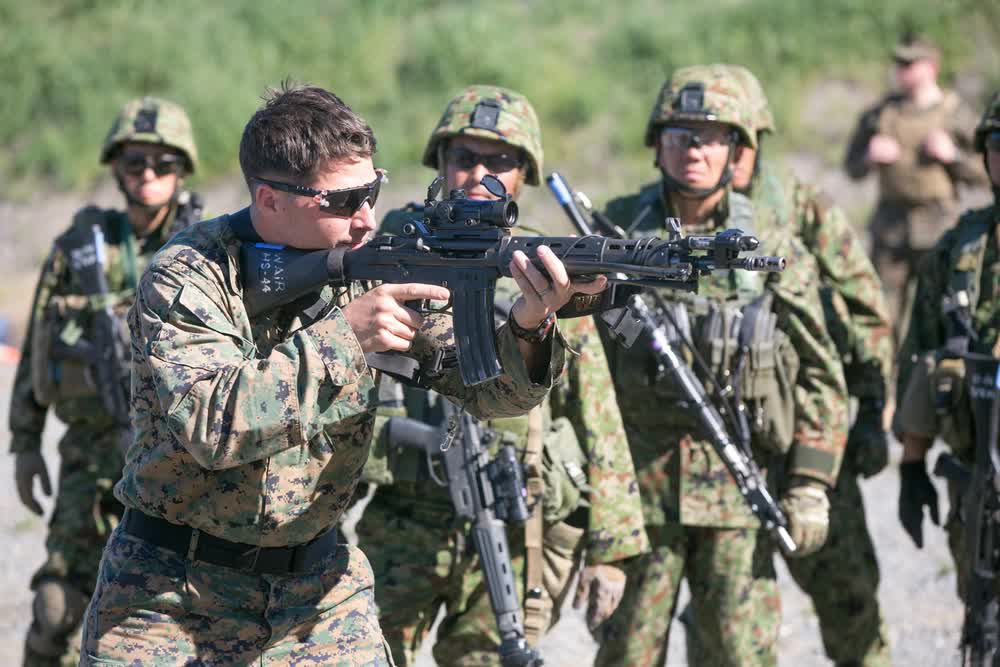
Marine Corps new marksmanship plan will make Marines more lethal
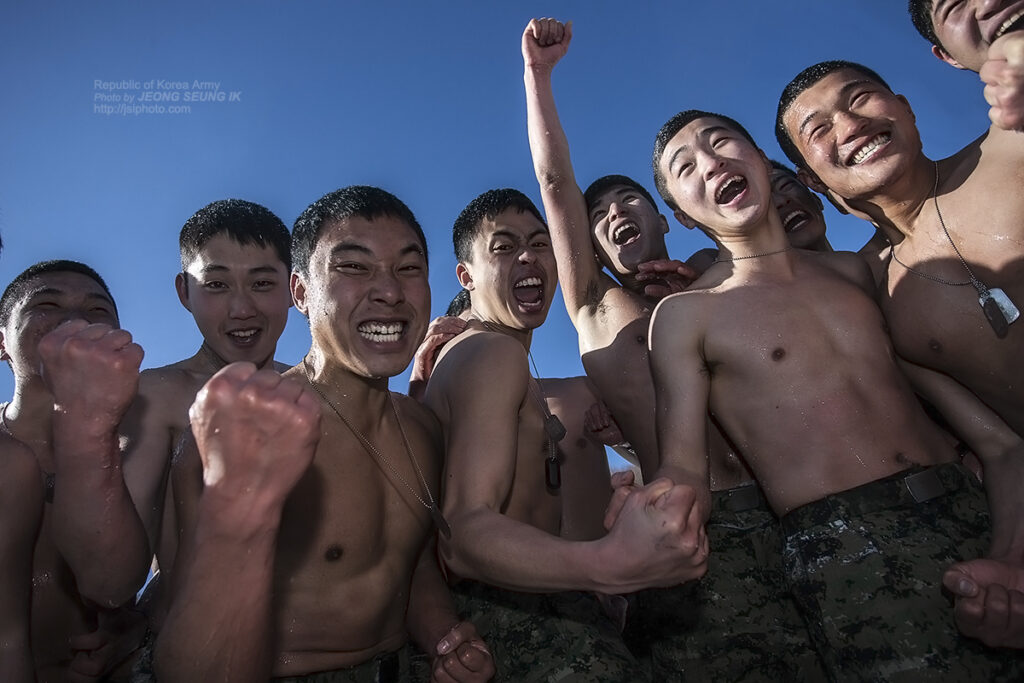
Weird incidents with South Korea’s elite Tuk Su Bu Dae unit
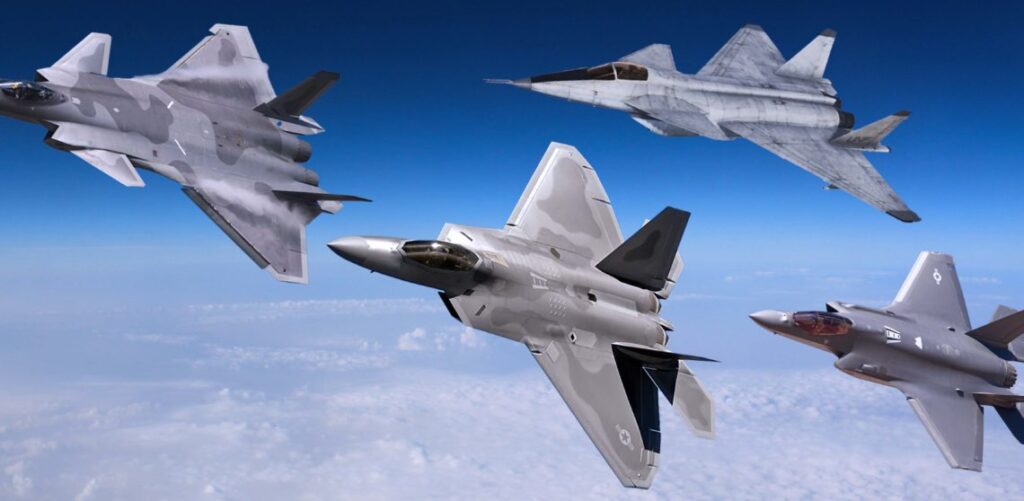
Stolen stealth fighter: Why China’s J-20 has both US and Russian DNA
Sandboxx News
-

‘Sandboxx News’ Trucker Cap
$27.00 Select options This product has multiple variants. The options may be chosen on the product page -

‘AirPower’ Classic Hoodie
$46.00 – $48.00 Select options This product has multiple variants. The options may be chosen on the product page -

‘AirPower’ Golf Rope Hat
$31.00 Select options This product has multiple variants. The options may be chosen on the product page -

‘Sandboxx News’ Dad Hat
$27.00 Select options This product has multiple variants. The options may be chosen on the product page
